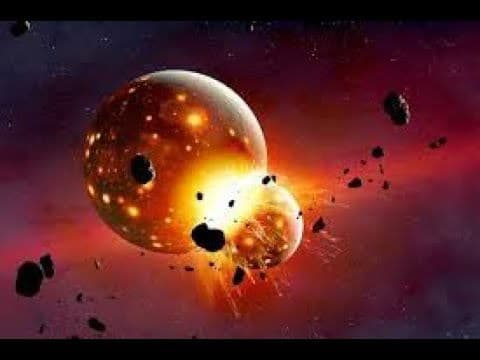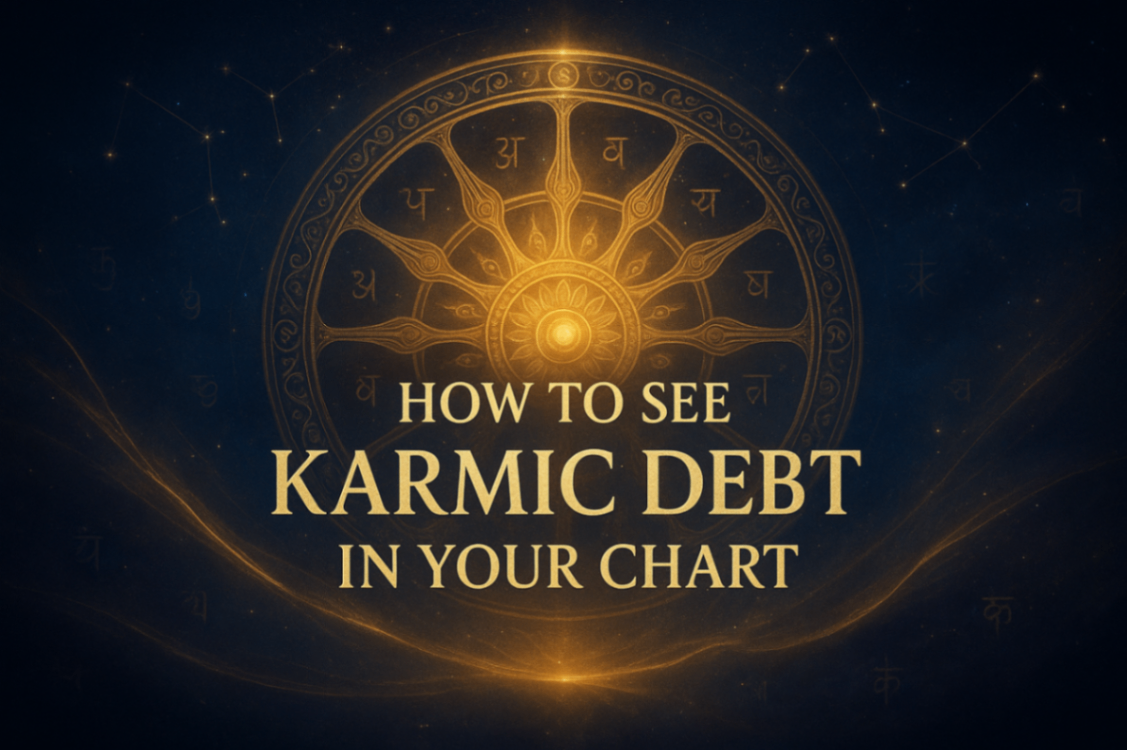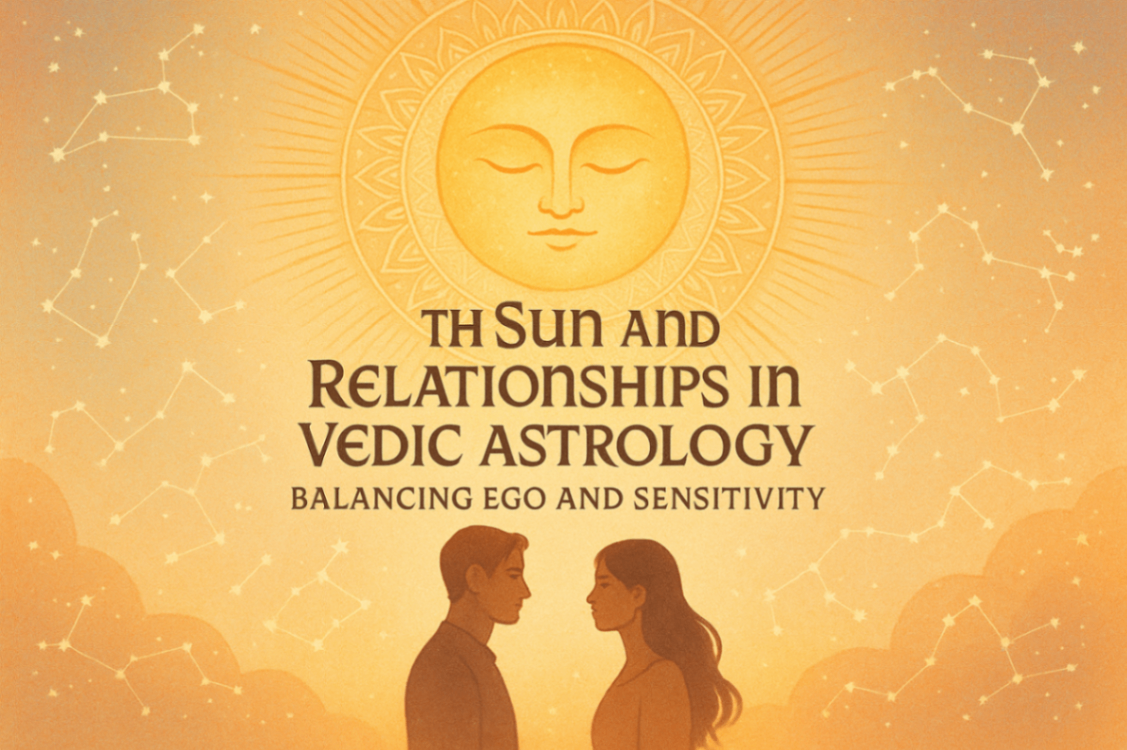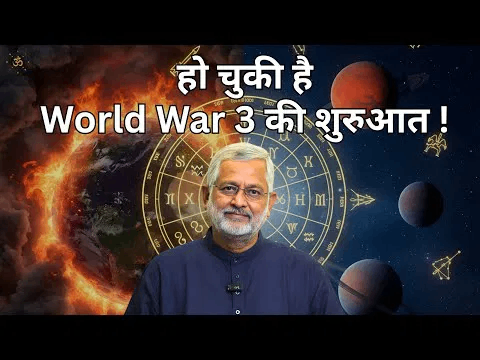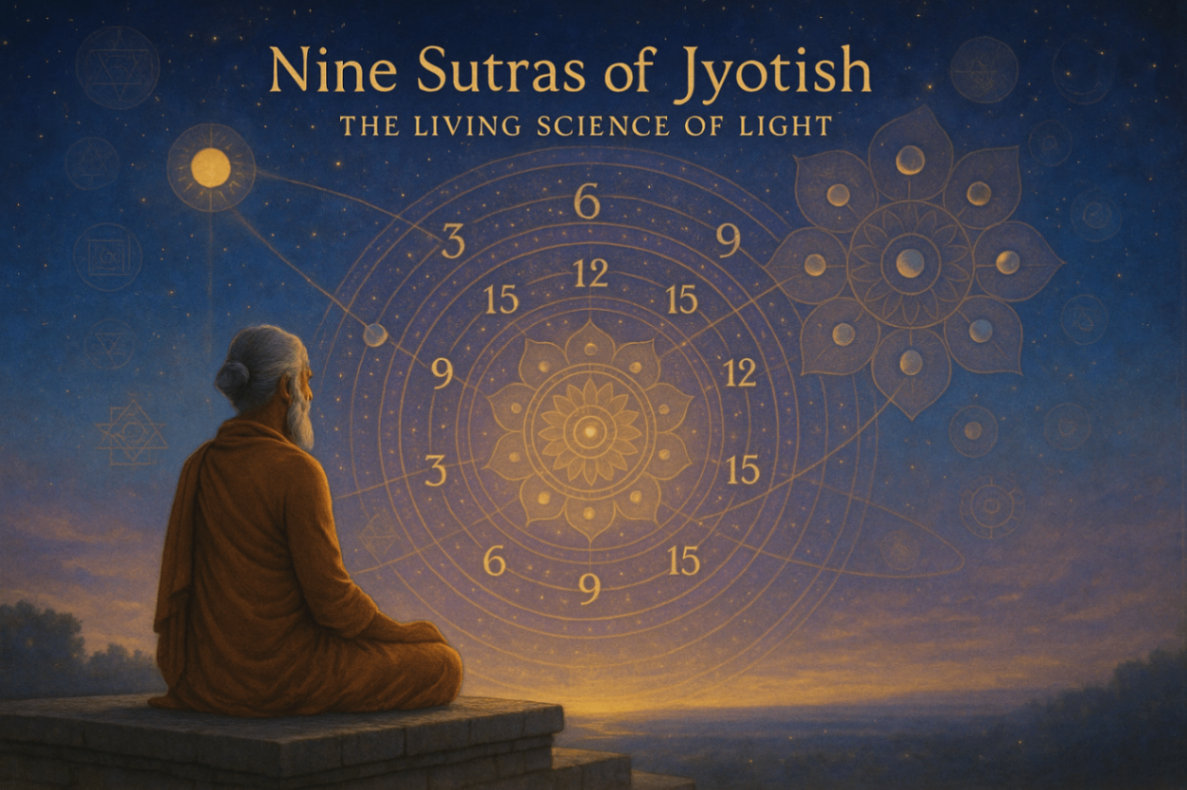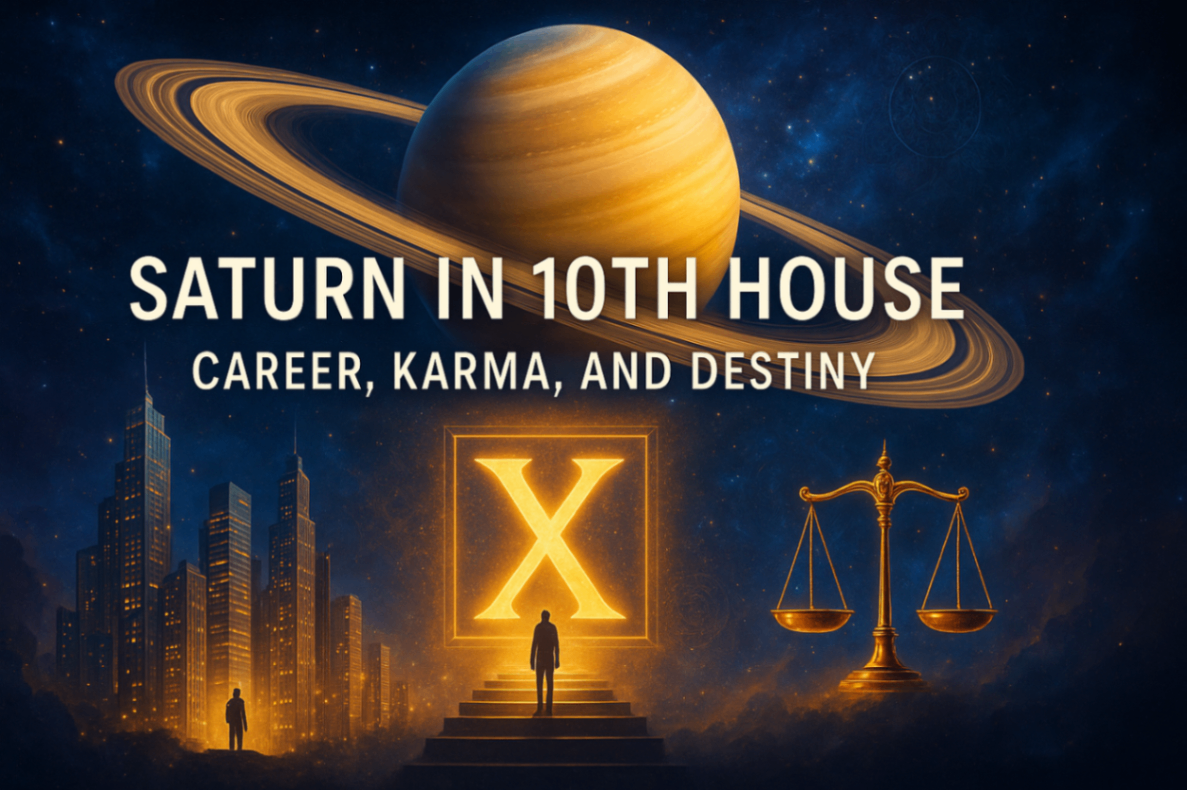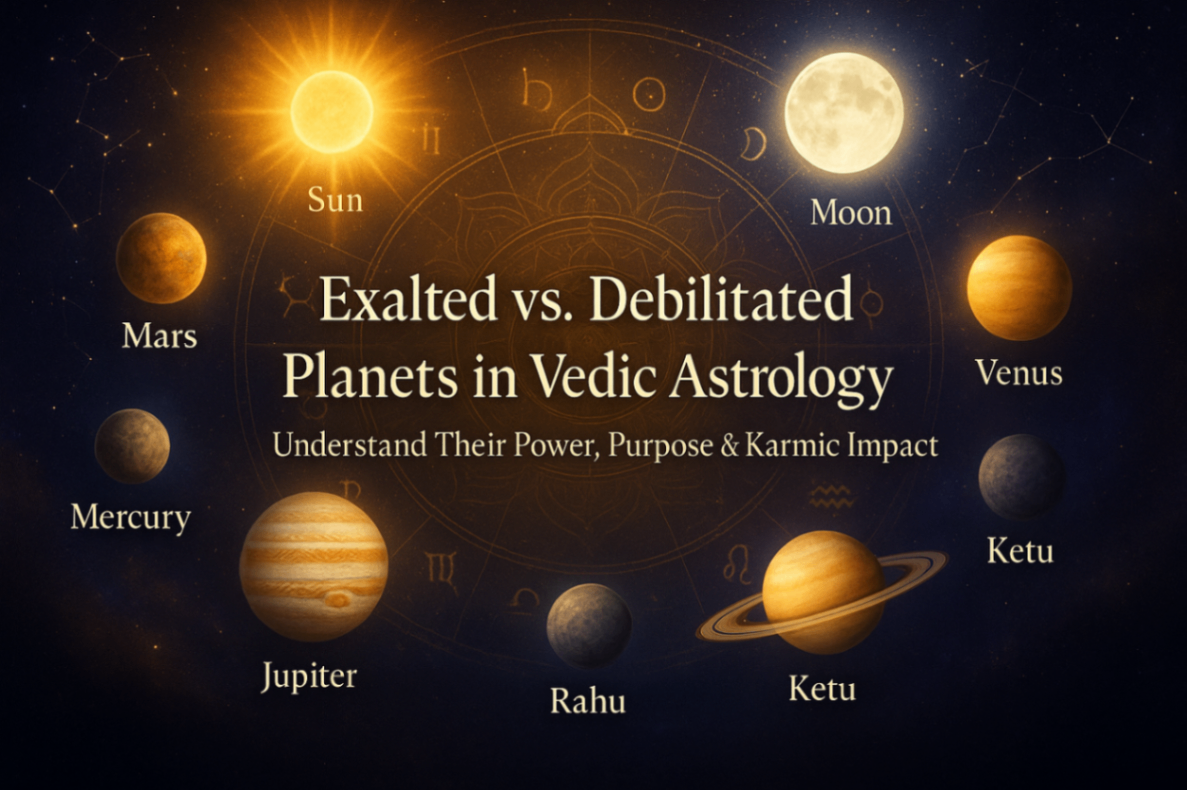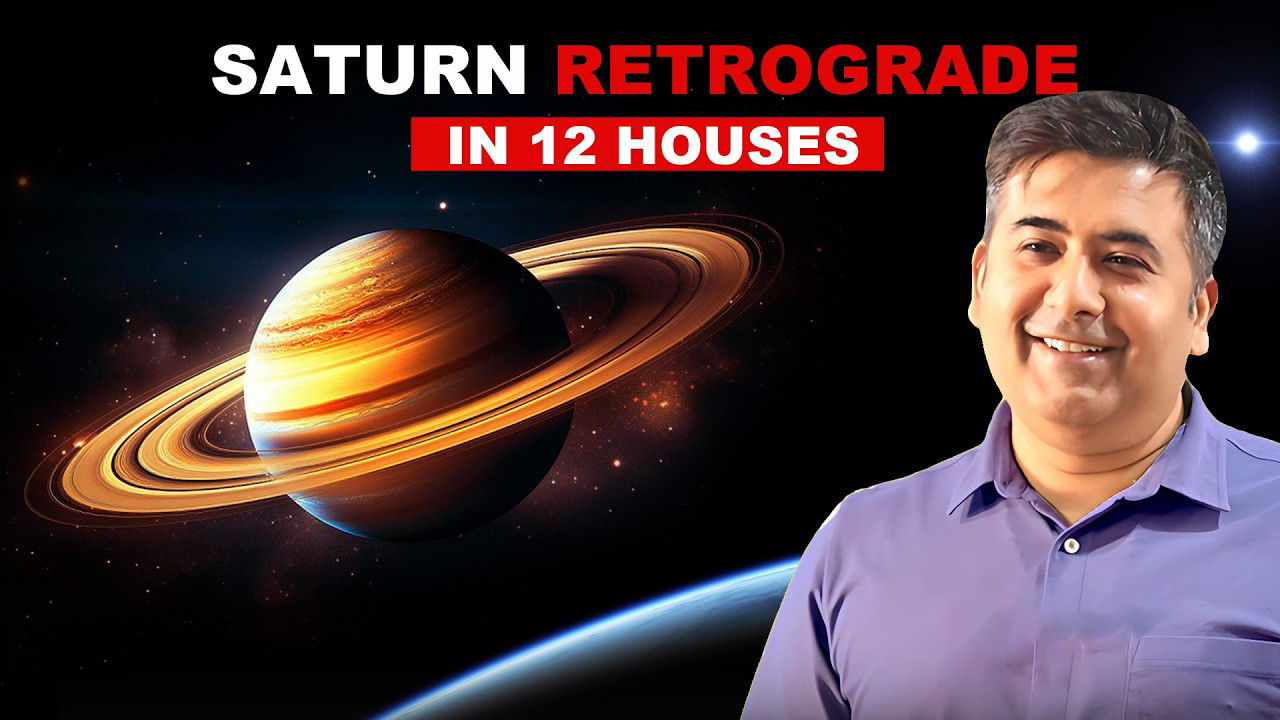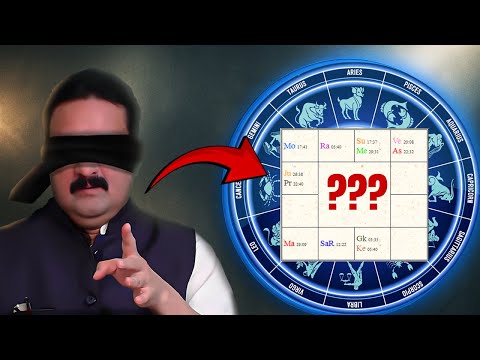Understanding Planetary Combustion in Vedic Astrology

Planetary combustion is a vital concept in Vedic astrology that can significantly affect the planets influence on an individuals horoscope. When a planet gets too close to the Sun, it becomes invisible and is said to be combust, which weakens its power to deliver positive or negative outcomes. This comprehensive article explains planetary combustion, its effects on various planets, how to know if a planet is combust, and insights from classical Vedic texts.
What is Planetary Combustion?

In Vedic astrology, combustion occurs when a planet comes too close to the Sun, rendering it invisible from Earth. This proximity reduces the planets power to transmit its rays to Earth. The ancient texts described this as a planet being burnt out by the Suns intense radiation, commonly known today as planetary combustion.
When is a planet combust? A planet becomes combust when it is within a specific degree range from the Sun, depending on the planet. This closeness weakens the planet’s ability to influence life on Earth.
Does planetary combustion happen when in different stars? Yes, the impact of combustion can vary depending on the nakshatra (constellation) and the zodiac sign in which the planet is combust.
Effects of Combustion on Different Planets
Different planets have distinct degrees of proximity to the Sun at which they become combust. These degrees are critical to understanding when and how a planet’s influence gets diminished. Below are the combustion degrees for key planets:
Mercury: 14 degrees
Venus: 10 degrees
Mars: 17 degrees
Jupiter: 11 degrees
Saturn: 16 degrees
How to Know if a Planet is Combust
To check for combust planets in a horoscope, astrologers examine the proximity between the planet and the Sun. A combust planets calculator can also be used to determine if a planet is within the combustion range. The impact varies based on the planet’s nature and the house it rules in the chart.
Types of Combustion
There are three types of planetary combustion:
Simple Combustion: The planet is close enough to the Sun to be partially invisible.
Deep Combustion: The planet is at the same degree as the Sun, becoming completely invisible.
Half Combustion: The planet is within a particular range of degrees from the Sun but still exerts some influence.
Impact of Combustion in Vedic Astrology
Combustion weakens the planet’s ability to deliver its usual results. For example, a combust Mars in Vedic astrology can cause issues related to aggression and vitality, while combust Mercury in Vedic astrology may lead to difficulties in communication and intellect.
However, there are exceptions. In some cases, a combust planet can deliver positive outcomes, such as when a combust sixth lord may indicate the destruction of enemies or improved health.
What Classic Vedic Texts Say About Planetary Combustion
Brihat Parashara Hora Shastra and other classical texts provide detailed insights into the effects of planetary combustion. These texts explain that when a planet is combust, it loses its power to confer good results. For instance, a combust Jupiter may lead to poor decision-making and reduced wisdom. Likewise, combust Venus could weaken relationships or reduce the natives charm and luxuries.
Cancellation of combustion in Vedic astrology: In certain conditions, a combust planet’s effects can be nullified or mitigated, especially when it is in an exalted position or in friendly nakshatras.
Analyzing Combustion in a Horoscope
When examining planetary combustion in Vedic astrology, astrologers consider:
Rashi (Sign) and Nakshatra: The sign and nakshatra where the planet is combust can alter the severity of its effects.
Vargas (Divisional Charts): These divisional charts provide a more detailed understanding of how combustion impacts different aspects of life, such as career, relationships, and wealth.
Combustion Belt: The degree range within which the planet becomes combust is called the combustion belt, and each planet has a specific belt.
Effects of Combustion on Planetary Strength
The strength of a combust planet is considerably reduced. A planet’s strength is at its weakest when it has 0 degrees of separation from the Sun. When a planet is farthest from the Sun, at 180 degrees, it exerts its full power. For example, a combust Mercury can weaken one’s intellect, whereas a combust Mars may reduce physical energy or courage.
Are combust planets useless? No, combust planets are not entirely useless, but they require proper analysis to understand their altered influence.
Remedies for Combust Planets in Vedic Astrology

Vedic astrology offers various remedies to mitigate the adverse effects of combustion:
Mantra Chanting: Reciting mantras specific to the combust planet can alleviate its negative effects.
Gemstones: Wearing a gemstone corresponding to the combust planet can enhance its positive energy.
Pujas and Rituals: Specific rituals can help balance the weakened planetary energy.
Fasting on Auspicious Days: Observing fasts on days ruled by the combust planet can help reduce its malefic effects.
Planetary combustion is a critical concept in Vedic astrology that significantly alters the influence of planets in a horoscope. By understanding the degrees of combustion, the planetary positions, and the astrological rules, astrologers can offer valuable insights into how combustion affects an individual’s life.
While a combust planet’s strength is reduced, remedies such as mantra chanting, gemstones, and rituals can help mitigate the negative impacts. Additionally, by analyzing divisional charts and nakshatras, a more accurate picture of the combustion effects can be drawn.
In conclusion, understanding combustion in Vedic astrology and applying classical Vedic knowledge allows for better astrological interpretations and remedies, helping individuals navigate the challenges posed by combust planets.

